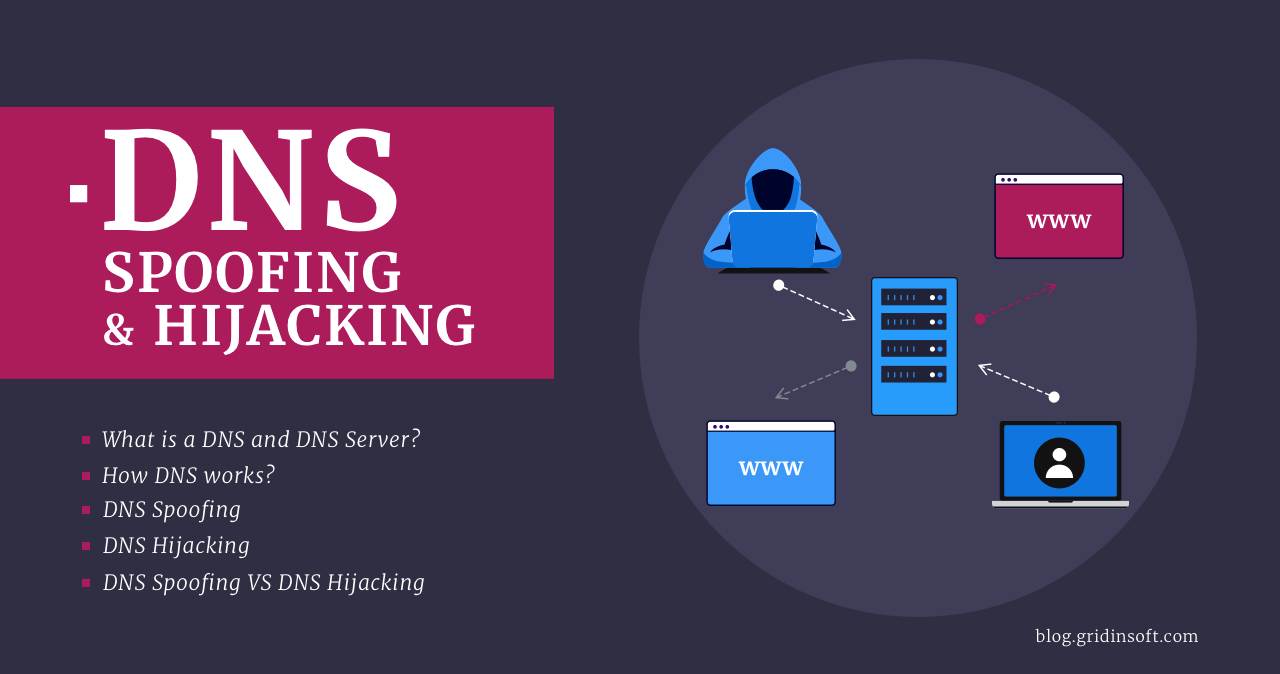Domain Name Services (DNS) play a crucial role in our IP networks. DNS servers map website names to their corresponding IP addresses. By altering information on a DNS server, you can redirect users to different IP addresses, potentially leading them astray from their intended destinations. One method to achieve this redirection is by modifying files… Continue reading DNS Spoofing vs DNS Hijacking
Tag: DNS Spoofing
DNS Cache Poisoning
DNS Cache Poisoning is a pretty old attack type in which a malicious actor redirects a victim’s traffic to a harmful site instead of a legitimate IP address. It is done by replacing cached IP addresses on the DNS server. Attackers also use the method of “poisoning” the DNS cache to steal credentials or sensitive… Continue reading DNS Cache Poisoning
11 Types of Spoofing Attacks
Spoofing is a kind of cybercrime in which attackers impersonate a trusted source, such as a trusted contact, to gain access to confidential information or steal data, whether personal or professional. In addition to threatening your data privacy, Spoofing attacks can damage the brand’s reputation or the person the attackers are impersonating, sometimes making it… Continue reading 11 Types of Spoofing Attacks
DNS Spoofing: Key Facts, Meaning
What is DNS Spoofing? DNS (Domain name server) spoofing or DNS cache poisoning is a type of cyberattack used by an attacker to direct the victim’s traffic to a malicious website (instead of a legal IP address). Attackers use DNS cache poisoning to redirect Internet traffic and steal sensitive information. For example, a hacker wants… Continue reading DNS Spoofing: Key Facts, Meaning




